He was born on 24 March 1891, the son of a Basel missionary in Dharwar, India, where he spent the first three years of his life. As a grammar school pupil in Basel, John Knittel seemed “remarkably foreign” to his classmate Carl Jakob Burckhardt. He went back out into the world at the age of 19 before taking his school-leaving exams. In London he worked at a bank, then for a film company and married 17-year-old Frances Rose White-Bridger in 1915. He remained faithful to her until his death on 26 April 1970. He became a dramatist as a result of an encounter with the author Robert Hichens and then a novelist, publishing his first novel in 1921 entitled “Aaron West”, the story of a madman hungry for love who falls to pieces over his love for two women. In 1924, in “A Traveller in the Night”, David Bright, a young man from a good family, is destroyed by love and his environment because he is unable to overcome the trauma of the First World War.
Like Knittel’s entire oeuvre, the two novels were written in English. So, many people took the author, who lived in London, Lisbon, Marrakesh and from 1932 in Ain Shams near Cairo before settling down in Maienfeld, Switzerland, in 1938, for an Englishman. The NZZ observed in 1921: “Knittel is the type of international author for whom language does not matter at all. In any language his work is already a translation.”
Arabian settings
John Knittel’s settings are also international. Between 1929 and 1933, he presented the first three of the novels which gained him a reputation as a savvy expert on the Egyptian and Arab world: “Nile Gold”, the imaginary encounter between an Egyptologist and a female Pharaoh reawakened from mummification; “Midnight People”, the novel about a Moroccan rebel leader who takes a general of the occupying army hostage and is killed by him without discovering that this man is his father; and finally “The Commander”, the novel set in Marrakesh about the Russian foreign legionnaire Igor, who holds an inexplicably strong fascination for women.
Two of his most successful novels are set in Switzerland. The family drama “Into the Abyss”, written in 1927, is a novel in which the young Gottfried Müller is so obsessed with his love for Thérèse, his father’s much younger second wife, that he becomes the driving force in the murder which sees the secret lover get rid of his father. “Via Mala”, published in 1934, also depicts a patricide, this time committed on the self-important Jonas Lauretz, the owner of a sawmill in Grisons, who suppresses his children so brutally that they eventually kill him. In 1936, Knittel continued the “Arabian series” with the Egyptian hospital romance “Dr. Ibrahim”, which was followed by the African novel “Terra Magna” in 1948, “Jean-Michel”, the 1953 novel set in France about a soldier returning home from war, and his final work “Arietta”, a novel about industrialists published in 1959.
He was largely unsuccessful after 1945. One reason for this was that Knittel’s traditional storytelling faced competition from more modern forms of writing. There was also the fact that he was tarnished by suspicions of being a Nazi collaborator – owing to his membership of Goebbels’ “European Writers’ Association” – despite the fact that there was never any evidence of alignment with the party, only of naivety at most. With his writing, which made the whole world a stage, featured characters of all skin colours and constantly rebuked Europe for its sins against the Third World, Knittel is as far removed from the chauvinistic racial fanaticism of the Nazis as it is possible to be.
Charles Linsmayer is a literary scholar and journalist in Zurich.
“Share and stock certificates are the documents which testify to the hatred and struggle between the classes that rages all over the world today. If Mr. Salomon Montague owns ten thousand pounds’ worth of five-percent war bonds and ten thousand pounds’ worth of shares in Sheffield steel from which he draws an income, I declare that Mr. Salomon Montague is living off the blood and sweat of his fellow man.”
�David Bright in “A Traveller in the Night”
1924
Bibliography: “Into the Abyss”, “Via Mala” and “Dr. Ibrahim” are available in German as S. Fischer paperbacks.
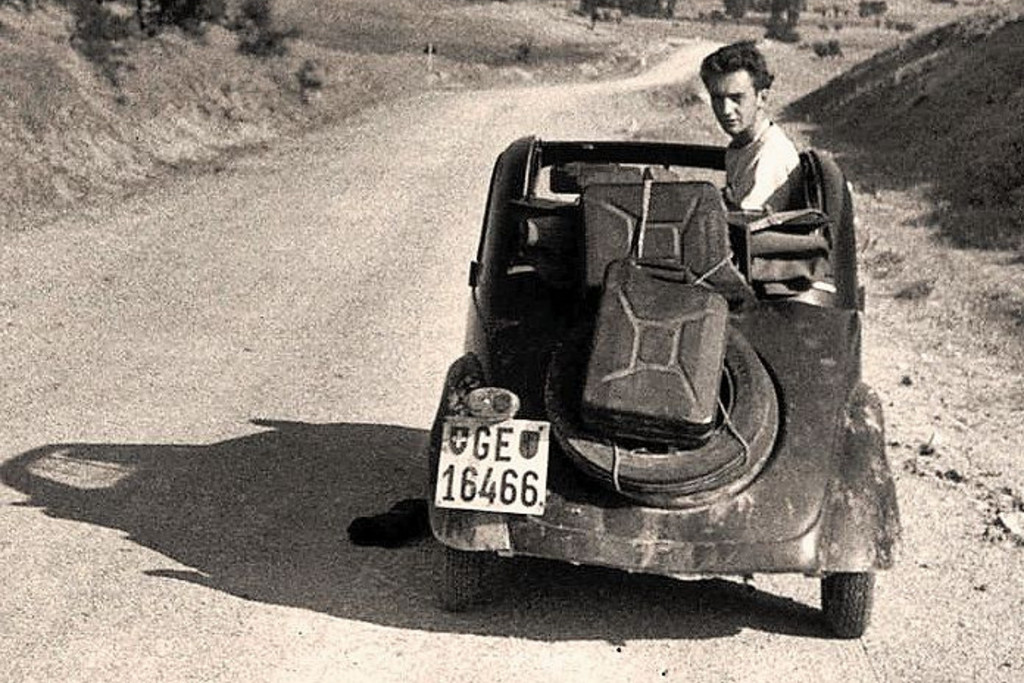
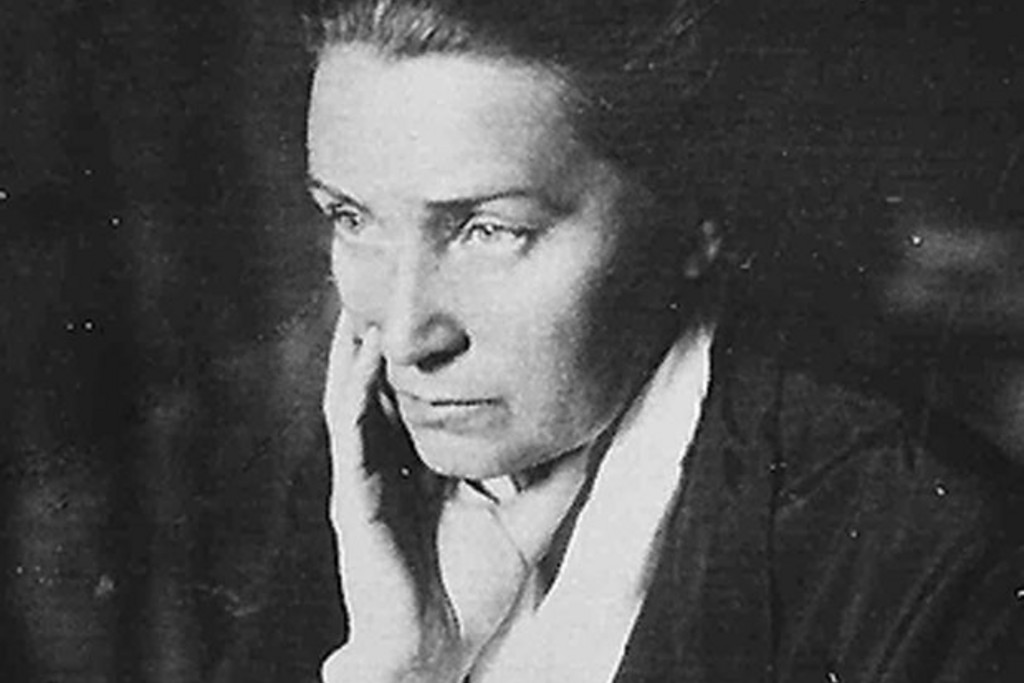


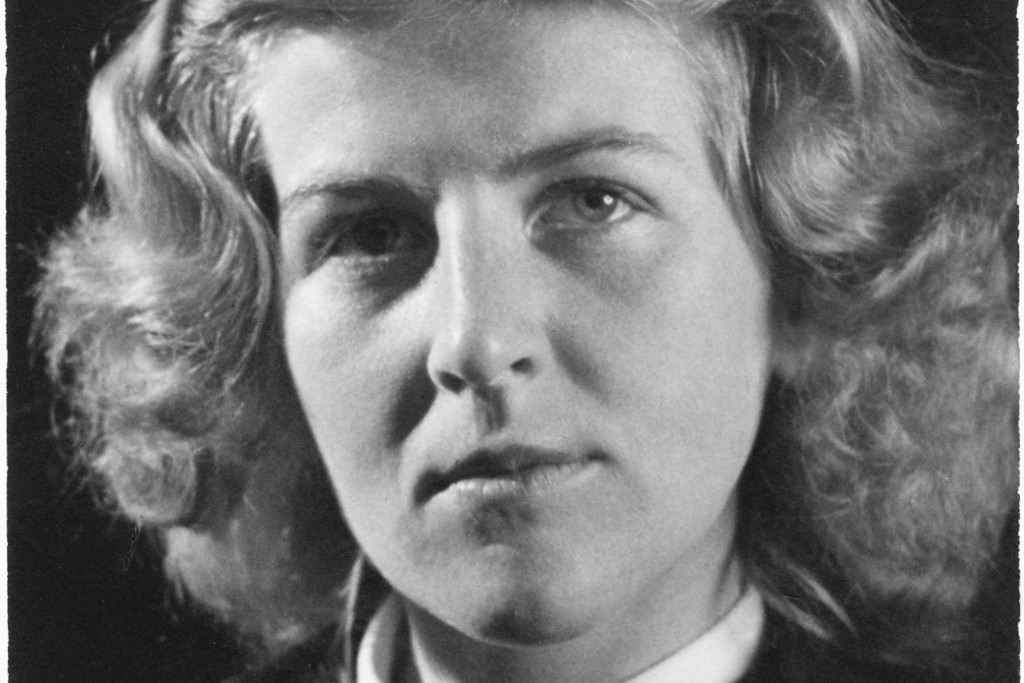
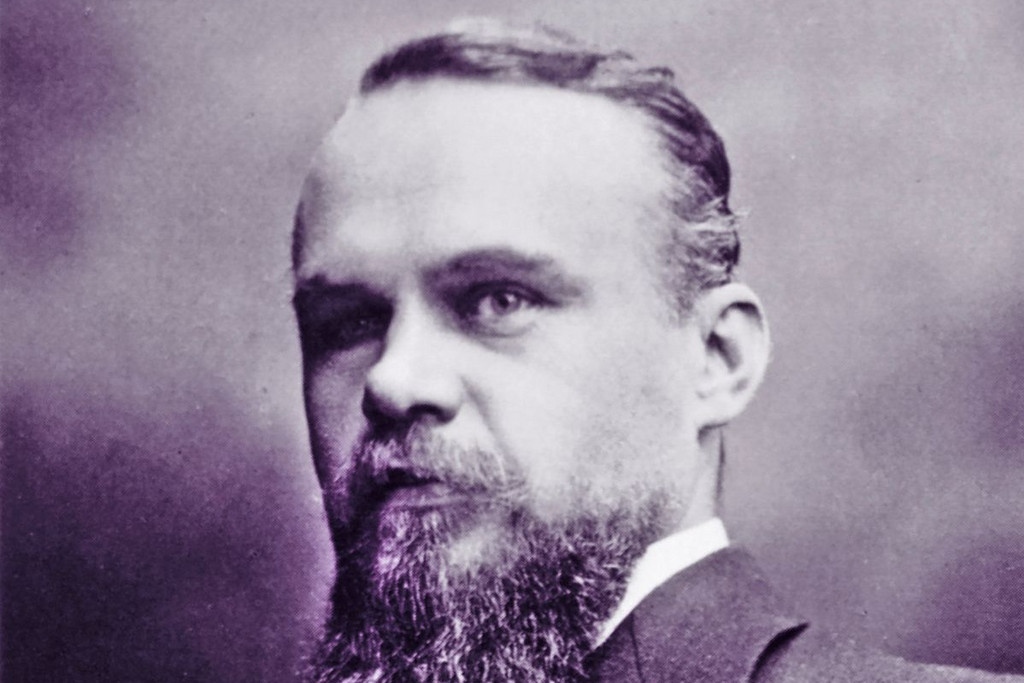

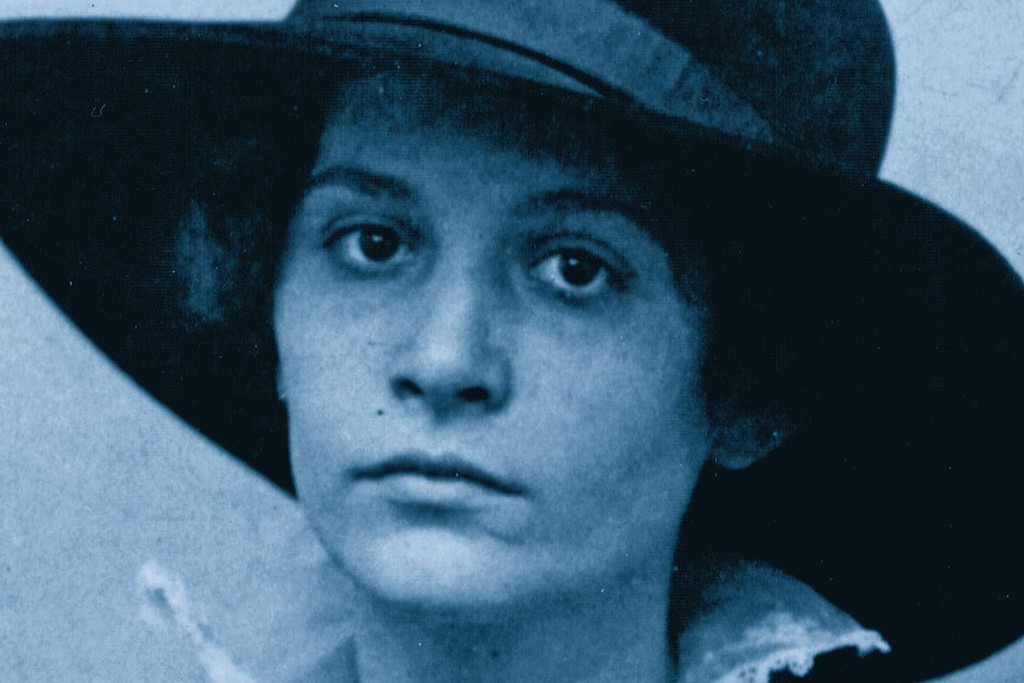



Comments
Comments :
El comentario biográfico es breve.¿Es cierto que fundó el Instituto de Psicología Oriental de El Cairo?. Su conocimiento de la mentalidad oriental, fundamentalmente árabe, se trasluce en muchos de sus relatos, desde Abd el Kaber a El Comandante, sin olvidar Jean Michel. Sin embargo aprecio en gran medida Terra Magna, que leí a los quince años, en un ejemplar comprado en el Mercado de San Antonio en Barcelona, en un puesto de la Librería Torradas. Posteriormente se fueron sucediendo las lecturas: Via Mala, Thèrese Etienne, Amadeus, El caminante en la noche, El comandante, Jean Michel, El basalto azul, Abd el Kader, en su traducción española. Curiosamente compré una edición en catalán, Terres Altes, de los años 20, que se corresponde con Via Mala. Uno de los traductores al castellano es Manuel Bosch Barrett. ¿Su residencia en Maienfeld es privada, o cuenta John Knittel con algún museo o fundación en Suiza?. He seguido la página de Margaret Fürtwangler-Knittel, y estoy seguro que hay muchos lectores españoles que aprecian las obras tan cosmopolitas de John Knittel. Releyendo Terra Magna o El Hakim se me antoja que no han cambiado demasiado las cosas en los países árabes. Creo que muchos lectores a través de John Knittel han aprendido a conocer y apreciar ese mundo, que hoy día está tan cercano, quizás demasiado.
Soy lector desde muy joven de John Knittel. Me interesó su obra desde el primer momento. Me cautivó la primera obra suya que leí: Terra Magna. A partir de ese momento fuí buscando todos sus libros editados en español. El El Aaiún, durante el servicio militar leí El caminante en la noche, pero todas sus obras me han dicho algo, sobre todo por su espíritu cosmopolita, y el interés y la fascinación por el mundo árabe: Abd el Kader (El eterno abismo, en español), El comandante, Jean Michel, El Hakim, y sobre todo Terra Magna. Si mis datos no son erróneos, John Knittel fundó un Instituto de Psicología Oriental, en El Cairo, y obtuvo un premio literario, el premio Schiller, y también fué miembro del PEN Club. Agradecería una ampliación de estos datos.